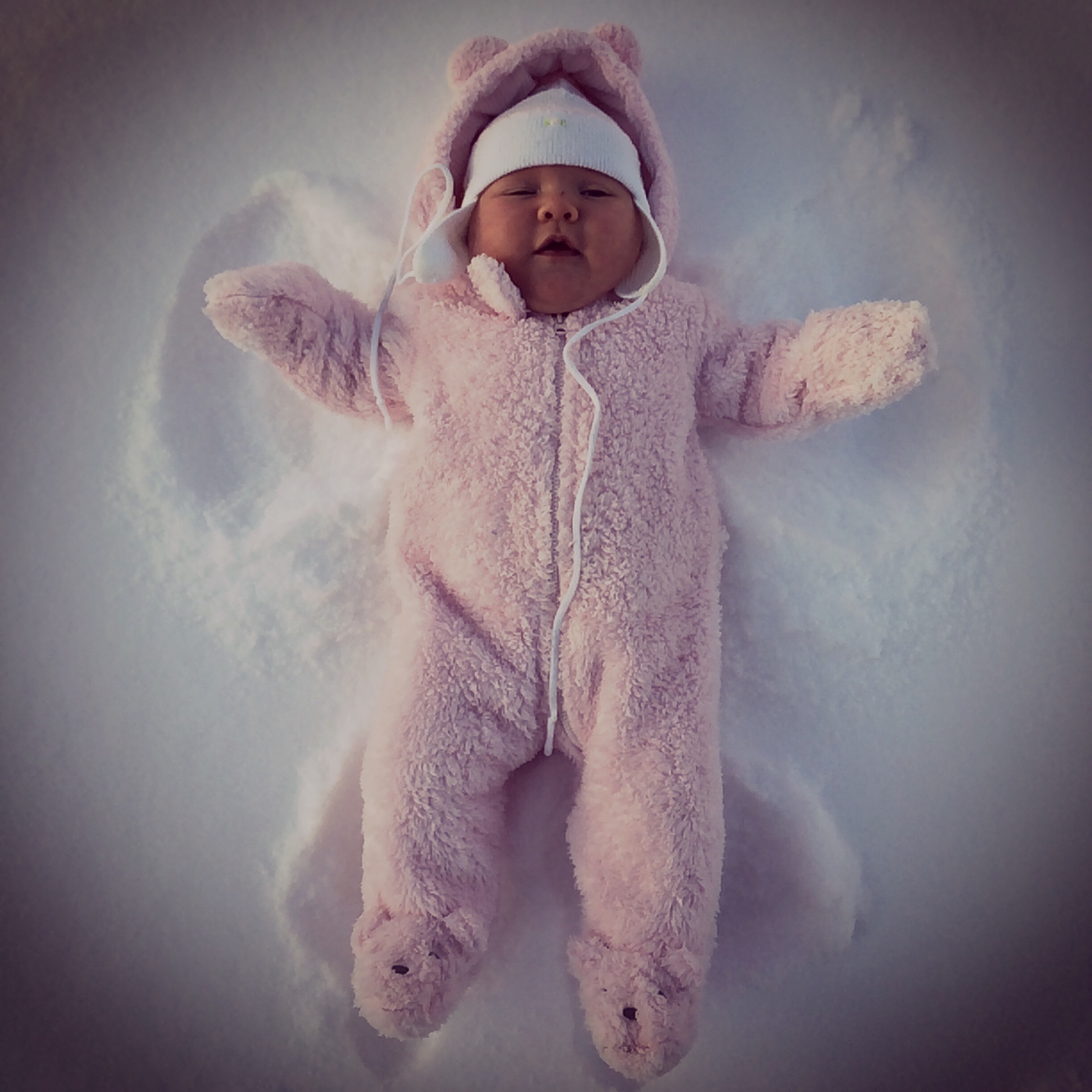10 Surprising Reasons Your Newborn Is Crying And What They’re Trying to Tell You
3. Temperature Sensitivity: Too Hot or Too Cold

Newborns are particularly sensitive to temperature changes, as their bodies are still learning to regulate their internal temperature. If a baby is too hot or too cold, they may cry to signal their discomfort. It's important for parents to dress their baby appropriately for the weather and to monitor the temperature of the room where the baby sleeps. A general rule of thumb is to dress your baby in one more layer than you would wear yourself in the same environment. Additionally, using breathable fabrics and adjusting layers as needed can help maintain a comfortable temperature for your newborn. Understanding and responding to your baby's temperature needs can prevent unnecessary crying and ensure they remain comfortable, promoting better sleep and overall health.
4. The Need for Sleep: Overstimulation and Fatigue

Newborns require a significant amount of sleep, typically around 14 to 17 hours a day, but they often struggle to fall asleep or stay asleep if they are overstimulated or overtired. Crying can be a sign that your baby is overwhelmed by their surroundings or simply too tired to settle down. Creating a calm and soothing environment is key to helping your baby wind down and fall asleep. This might involve dimming the lights, reducing noise, and engaging in calming activities such as gentle rocking or singing. Establishing a consistent sleep routine can also help signal to your baby that it's time to sleep, making it easier for them to relax and drift off. By understanding your baby's sleep needs and cues, you can help them get the rest they need, reducing crying and promoting healthy development.
